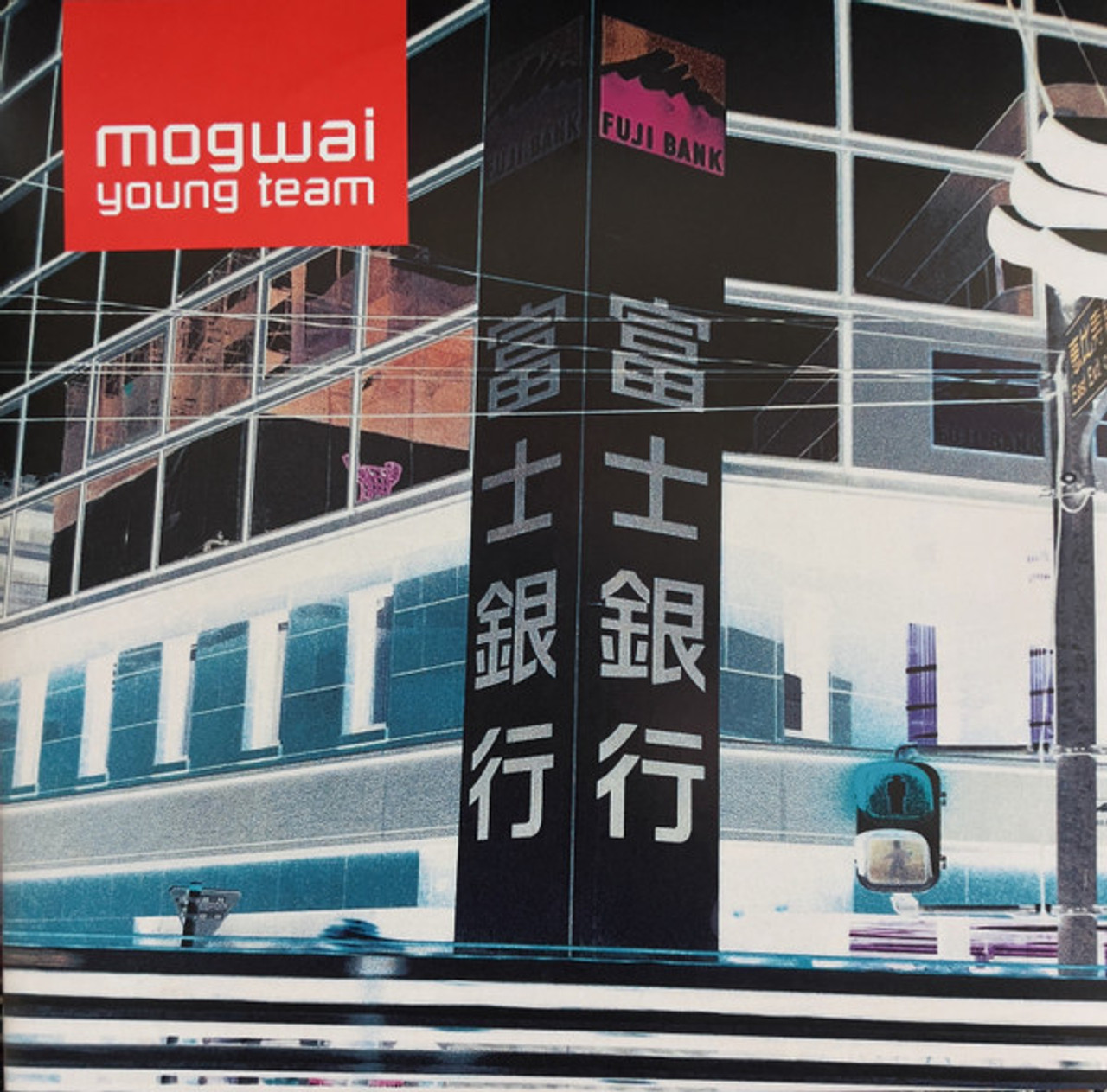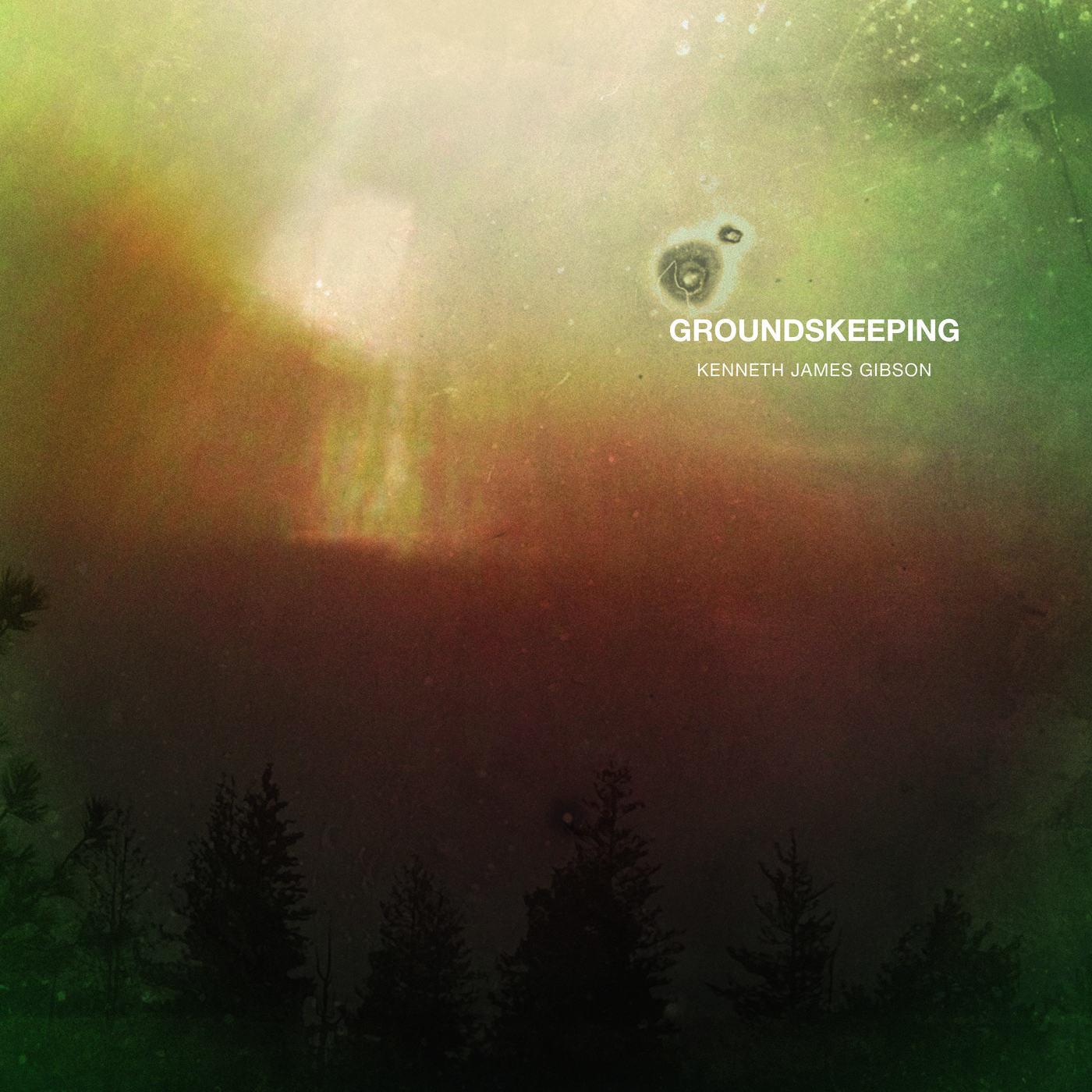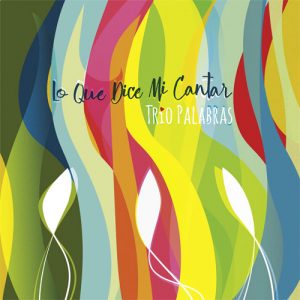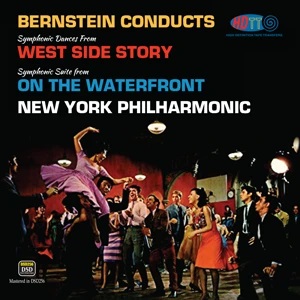Citizen Cope, The Pull of Niagara Falls
Music has become so overproduced that even the most natural of things, the sound of a human voice, is often so auto tuned away from the real thing that it ends up sounding like a futuristic robotic-like facsimile of itself, and since it's digitally rendered—it sounds like a machine trying to sound human. The meteoric evolution of digital studio trickery in the last two decades is astounding, and though my initial words here might carry a jaded tone, I am not averse to change. Especially when it comes to music. I am speaking to the overall sonic machinery of music-making these days. With so much overly glossy, shiny, and overproduced pop music being released, it's nice to take a break from the bright noises and settle into something deeper, something more minimal, and organic. Remember when many of the critics didn't understand the massive success of Norah Jones Come Away With Me LP back in 2002? Admittedly, I'm one of those music critiques. The late, great producer Arif Mardin (a man whom I was honored to work for and befriend) gave me a little insight into the success of that record. He told me, "People were just ready for some good honest organic music again." And I feel the same way about Citizen Cope's The Pull of Niagara Falls. It's also a fantastically timely record. With the ever present threat of COVID-19, enhanced by the bombardment of negativity in the media (let's not forget: when it bleeds it leads) and our worries for ourselves and our friends and families, it's a moral imperative for our souls to indulge in some sweet stripped-down acoustic music now and then. The interesting thing here is that many of the songs on the record were originally written in the nineties, and were supposed to be released on what would have been Cope's debut album, then entitled Shotguns. That never happened. It's amazing how contemporary all the subject matter sounds however, exemplifying the timeless magic of music.
Clarence Greenwood, a.k.a Citizen Cope, with the release of The Pull of Niagara Falls, etches himself into the rock 'n roll history books alongside the greats, beside his beloved influences. It's not easy to fill the soundstage, or a full album for that matter, with little more than the sound of a guitar and one voice. Cope manages to sound huge, but more importantly, he brings so much soul to this project that his pain, his joy, his anger, and perhaps even his salvation are so transparent it's clear he's workin' some shit out on this record. That makes for a captivating listening experience. I heard an interview with Cope on WFUV where he talked about going into dark places during the lockdown. That anguish in the isolation is so pained and unfortunately beautiful on "Shotguns." Cope sings about being stuck in Texas, contemplating the worst of things, as his cousin watches another prison get built outside his window. His loneliness is laid bare, that desire for connection, and the despair without it takes its toll on all of us. Cope hits a higher key than usual on "The Gambler's Theme," which is a pleasant surprise, and showcases his vulnerability. That vulnerability is the hook; emotionally and musically, in "The Pull of Niagara Falls." Feels like lost love at the heart of this song, with hope for forgiveness providing the light. Cope's guitar strumming is intense, its strength feels deeper than the mechanics of his playing, his anguish and despair are both palpable, but so is his belief, his hope for the future. However, there can't be a conversation about the future without addressing the present, and social justice is at the forefront right now—like it or not. Cope digs deeply into this endless well of indifference and oppression in "Officer Friendly;" a horrifying story of a boy accidentally shooting and killing his stepbrother, then being convicted of his murder. The chorus of "Scared of Heights"—"it's a balloon when you wake up, it's all in tune when you wake up, learning to fly while you're scared of heights" is a magnificent metaphor for its inspiration: conquering sobriety.
The mood comes back to hope, as it often does throughout The Pull of Niagara Falls. No matter how dark things get, Cope manages to pull you back into the light. This is some heavy dope: sounds like Citizen Cope was asking some serious questions, those heart-pounding existential questions that scare us all. The ones we don't so easily talk about at parties (when we used to have parties), but he was brave enough to invite us all in for a listen. I, for one, feel blessed to have heard it, and salute Citizen Cope for a job spectacularly done.







































